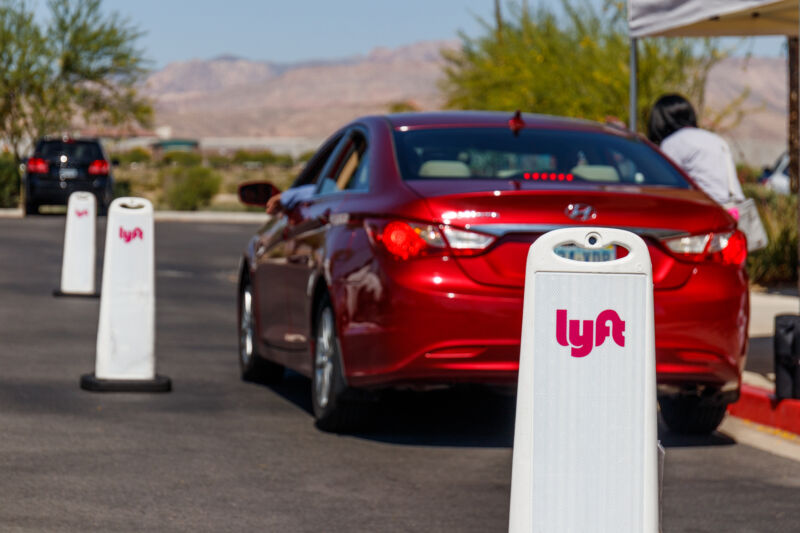Cost cutting —
Lyft will save about $100 million without its self-driving project.
Timothy B. Lee
–

Lyft has sold its self-driving division to a Toyota subsidiary called Woven Planet for $550 million—the latest sign that it takes deep pockets to compete in the self-driving arena. Lyft’s main competitor, Uber, sold its own self-driving unit to the well-financed startup Aurora back in December.
Lyft announced its self-driving project back in 2017, a time of extreme optimism about self-driving technology. A few months earlier, in late 2016, Lyft President John Zimmer predicted that a majority of Lyft rides would be handled by self-driving vehicles by 2021.
Obviously, that isn’t going to happen. Today, Alphabet’s Waymo is operating a small taxi service in the Phoenix area. Besides that, no one is operating fully driverless taxi services in the US, and most other companies aren’t expected to introduce driverless products this year.
As the timeline for driverless technology has lengthened, smaller companies working on the technology have been forced to sell to larger rivals: Zoox sold to Amazon last year, while Voyage sold to Cruise last month.
Amazon obviously has deep pockets. And Cruise counts GM, Honda, and Microsoft among its backers, giving it the financial resources to continue pursuing the technology for years to come.
In contrast, Lyft is a relatively small company that has struggled to make its main ride-hailing business profitable. Unloading an expensive research project will help Lyft balance its books. Lyft says it will save about $100 million per year.
In recent years, Lyft has pursued a two-track strategy: it has simultaneously worked on its own self-driving stack, and it has forged partnerships with other companies working on the technology. Lyft has long sought to provide an open platform where a wide range of companies could offer autonomous rides.
Now that Lyft is no longer building its own autonomous technology, its self-driving strategy will need to focus exclusively on these partnerships. Along with the acquisition of Lyft’s self-driving team, Lyft and Woven Planet have agreed to share data and collaborate on the eventual inclusion of Woven Planet’s self-driving vehicles on Lyft’s network.
That might not be a bad strategy. Self-driving companies may not want to bear the costs of building a ride-hailing network from scratch. Moreover, early self-driving vehicles may only be able to service certain routes. So if a self-driving technology provider can plug into Lyft’s network and selectively serve routes that are consistent with its capabilities, that could be a win-win for both companies.

